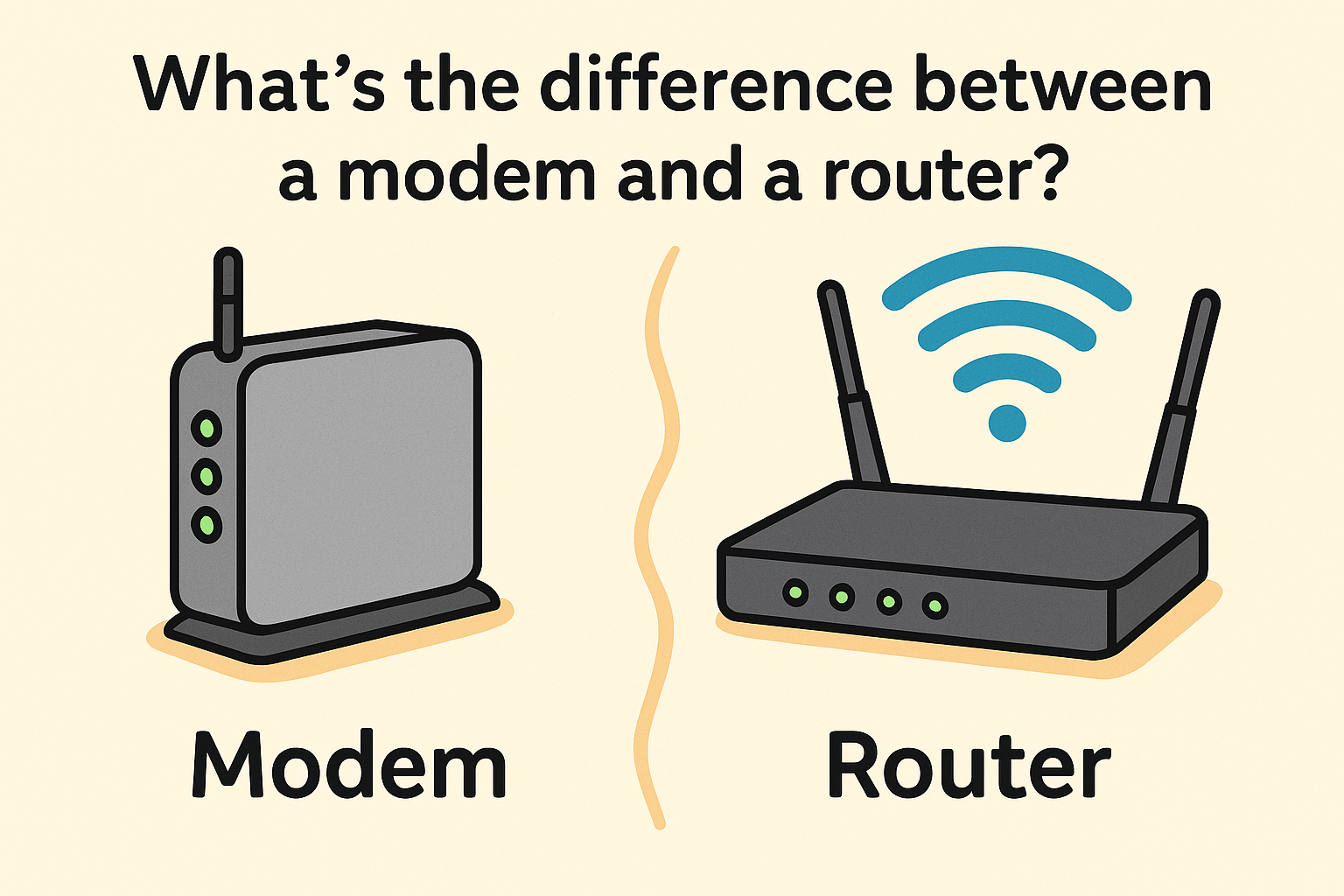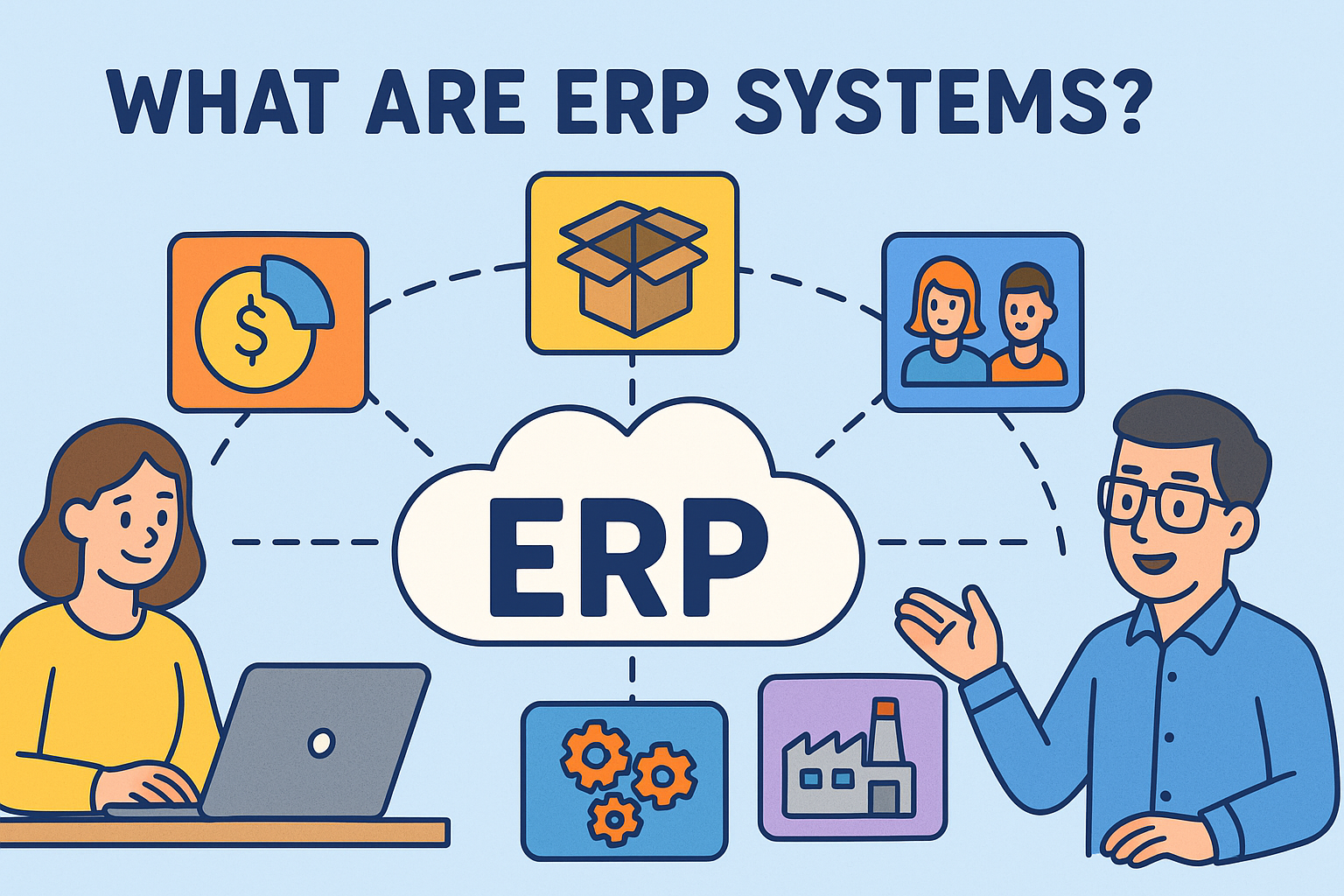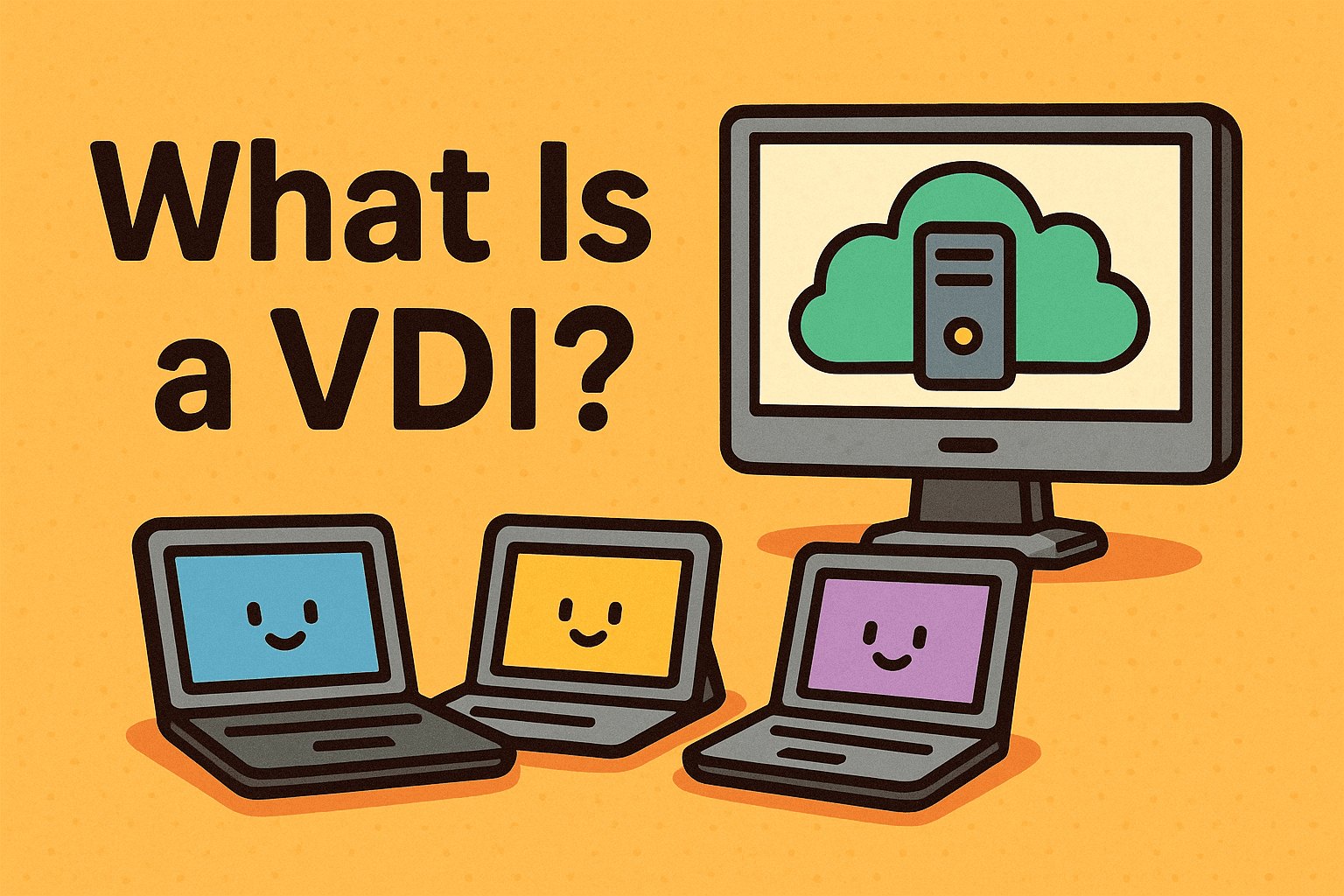What’s the Difference Between a Modem and a Router?
Updated on July 29, 2025, by Xcitium

Have you ever looked at your internet setup and wondered: what’s the difference between a modem and a router? You’re not alone. With internet access being critical to businesses and households alike, it’s surprising how many people use these devices every day without knowing what each one actually does.
In this guide, we’ll demystify the modem vs router debate, explore modem-router combos, discuss when you need both, and offer tips to help you choose the best setup for your needs—especially if you’re an IT leader, cybersecurity expert, or just managing digital infrastructure.
🧠 Modem vs Router: A Simple Explanation
Let’s start with the basics. A modem and a router serve very different purposes, although they often work together.
➤ What Is a Modem?
A modem (modulator-demodulator) is the device that connects your home or business to the internet. It translates signals from your Internet Service Provider (ISP) into a digital format your devices can understand.
- Key Role: Brings internet into the building.
- Connection: Directly linked to the ISP via coaxial, DSL, or fiber cable.
- Appearance: Usually a single-port box with limited networking features.
➤ What Is a Router?
A router, on the other hand, distributes the internet connection to multiple devices wirelessly or via Ethernet. It manages the local area network (LAN) and assigns IP addresses to each device.
- Key Role: Shares internet with multiple devices.
- Features: Wi-Fi capability, network security, firewalls, guest networks.
- Appearance: Multiple antennas, ports, blinking lights.
🆚 What’s the Difference Between a Modem and a Router?
| Feature | Modem | Router |
| Purpose | Connects to ISP | Connects devices to network |
| Function | Converts signals | Distributes connection |
| Required for Internet? | Yes | Only if multiple devices need internet |
| Wi-Fi Capable? | No (unless it’s a combo) | Yes |
| IP Address | External (public) IP | Internal (private) IPs |
📷 What Does a Modem Look Like vs a Router?
- Modem: A compact, minimalist box—often with one Ethernet port and fewer lights.
- Router: Usually bulkier with multiple antennas, ports, and several LED indicators for different functions.
💡 Do I Need a Modem and Router?
Yes—if you’re using a non-combo setup.
- You need a modem to access the internet.
- You need a router to connect multiple devices and enable Wi-Fi.
If you’re only connecting one device via Ethernet, a modem alone will work. But for a modern network with laptops, phones, and smart devices, a router is essential.
🔄 What Is a Modem Router Combo?
A modem-router combo is a single device that combines the functions of both. It simplifies setup, reduces clutter, and is often cheaper upfront.
✅ Benefits:
- Easy setup
- Space-saving
- One device to manage
❌ Drawbacks:
- Limited customization
- Harder to upgrade individual components
- If one part fails, you replace the entire device
Many ISPs offer WiFi modem combos to subscribers, especially in residential setups. These are common with Spectrum, Xfinity, and Verizon.
🔧 How to Choose: Separate Devices vs Modem Router Combo
Here’s a quick guide to help you decide:
Go for a Combo if:
- You’re a casual home user
- Want quick and easy setup
- Have limited tech knowledge
Go for Separate Devices if:
- You need advanced security and performance
- Want greater control over your network
- Plan to upgrade components individually
🛡️ Security Considerations for Modems and Routers
In a cybersecurity context, routers play a crucial role in network defense.
🔒 Tips for Router Security:
- Change default admin credentials
- Enable WPA3 encryption
- Regularly update firmware
- Use a guest network for visitors
- Disable remote management unless necessary
Remember, routers handle traffic, and a poorly configured one can become a major vulnerability in your cybersecurity architecture.
🧰 Common Troubleshooting: Modem vs Router
➤ Modem Issues
- No internet? Check signal from ISP.
- Flashing light? It’s trying to sync with the ISP.
➤ Router Issues
- Devices not connecting? Reboot or factory reset.
- Slow speeds? Could be interference or overload.
📚 FAQs: Modem vs Router
1. Do I need both a modem and a router?
Yes, unless you’re using a modem-router combo. The modem connects to the internet, the router shares that connection.
2. Can I use any router with any modem?
Generally, yes—as long as they support the same connection type and are compatible with your ISP.
3. Is a WiFi modem the same as a router?
Not exactly. A WiFi modem refers to a modem-router combo, but a standalone router only distributes internet.
4. What’s the best modem-router combo?
Look for models from Netgear, TP-Link, or Motorola that support your ISP and offer dual-band Wi-Fi.
5. Can I use a modem without a router?
Yes, but only if you’re connecting a single wired device and don’t need Wi-Fi.
🧠 Final Thoughts
So, what’s the difference between a modem and a router? In simple terms:
- Modem = Internet access
- Router = Network sharing
Understanding the difference—and when you need both—can help you build a faster, more secure, and more reliable internet setup. Especially in industries where online security and scalability are non-negotiable, this knowledge can make or break your infrastructure strategy.
📣 Ready to Secure Your Network?
Whether you’re managing 10 devices or 10,000, Xcitium offers next-generation endpoint protection that adapts to your network infrastructure.
















